Is Technology Impacting Your Productivity and Happiness?
Posted on January 30, 2017 by Debra Burdick
Everywhere you look today you see evidence of 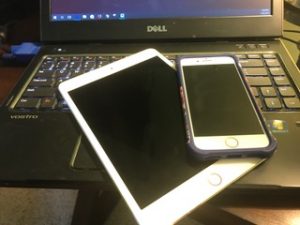 rapidly advancing technology. This, the digital era, has seen an explosion of smartphones, tablets, wearable monitoring devices and on-going research into numerous ways to enhance our capability as humans.
rapidly advancing technology. This, the digital era, has seen an explosion of smartphones, tablets, wearable monitoring devices and on-going research into numerous ways to enhance our capability as humans.
As I’ve discussed in previous blog posts, many if not most of us and our children have unwittingly become addicted to our screens. I know I need to be mindful of how much time I spend playing games and reading social media. See Is Your Child Addicted to “Screens”? and 7 Ways to Help “Screen” Addiction.
How does this behavior of constantly being distracted by and focused on our electronic devices instead of having face to face conversations or even noticing what is going on around us impact us and our happiness level? We have learned not to be present when we are totally focused on our email and/or social media accounts. Those around us become invisible to us as we aim our attention elsewhere. We lose productivity as we become addicted to our screens or get interrupted constantly while working on a project.
I recently read an advance copy of a fascinating new book by Amy Blankson titled: The Future of Happiness. Five Modern Strategies for Balancing Productivity and Well-being in the Digital Era. 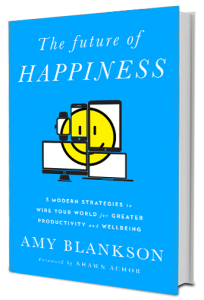 Amy Blankson has become one of the world’s leading experts on the connection between positive psychology and technology. She is dedicated to discovering how we can leverage the many technological advances, apps and gadgets, in a way that helps us be more productive, while keeping our sanity and boosting our happiness.
Amy Blankson has become one of the world’s leading experts on the connection between positive psychology and technology. She is dedicated to discovering how we can leverage the many technological advances, apps and gadgets, in a way that helps us be more productive, while keeping our sanity and boosting our happiness.
Amy provides the following five strategies for dealing with the multitude of distractions provided by technology that is relatively new to us as a society: Stay Grounded, Know Yourself, Train Your Brain, Create a Habitat for Happiness, and Innovate Consciously.
We now are facing a distraction epidemic as we spend more of our time keeping tabs on everything with our handheld technology but never really focusing on anything. Amy cites research that found that people typically check their mobile phone 150 times per day and email about every two minutes at work. She notes that distraction is the greatest enemy of being productive and staying grounded. And she adds that, disturbingly, the average attention span of a human has dropped from twelve seconds in 2000 to eight seconds in 2013 – that’s one second shorter than that of a goldfish! Yikes!!
Although technology can improve our productivity as well as happiness up to a point, after that it becomes a waste of time. On the plus side, happiness increases and relationships strengthen when friends and families stay connected with social media such as Facebook and Facetime despite living apart. But constant use of social media can cause us to be isolated from those who are sitting right next to us. And one study found that the more time young girls spent on screens the less happy and socially comfortable they described themselves. Plus, our productivity takes a hit as it is nearly impossible to accomplish anything with constant interruptions.
We need to be mindful of how to establish, as well as teach our kids, appropriate boundaries on when and where to use technology. This is a new frontier with no established guidelines. For example, what happens to relationships and social skills when the whole family looks at their phones during dinner and interacts with others on social media but not each other? I am certain it was totally inappropriate – and relationship damaging – when a man called his bank to see if his deposits had been made – while he was having sex. Oy!
In order to avoid being distracted and negatively impacted by technology we must make a decision to be mindful about our use. We must set priorities based on our values and beliefs. Then, we must set our intention to pay attention to the important things, notice when we are allowing ourselves to become distracted and then deliberately bring our attention back.
Amy states that “having good boundaries on your use of technology will make you a better family member and co-worker”. Her book is full of happy hacks to help you do this. Here are a few for staying grounded: She recommends turning off notifications on your devices to help with attention, hyperactivity, productivity and well-being. She notes that checking your email less often will lower stress.
She also recommends that you protect your brain from being “on” all the time and to give yourself “device-free brain breaks to help your brain recharge.”
In Amy’s “Know Yourself” chapter she discusses technology that allows us to track our habits. There are now many wearable devices available that monitor how many steps we take, how much we sleep we get, what our heart rate is, how much water we drink, etc. She notes these devices will help us make better choices for our future as they help us monitor the numerous “microdecisions” we make all day every day that are the building blocks of habits.
I’ve noticed that when I decide not to exercise on any given day, I am making a “microdecision” that when added to all my others result in whether or not I get enough exercise on a regular basis. As she states, “microdecisions have a cumulative effect that sets a path in motion and dramatically shapes the landscape of our future”. And now my Fitbit on my wrist gives me an accurate record of how my exercise habits are effected by my “microdecisions”.
I have barely touched the wealth of information that Amy provides in her book about how to navigate this digital era and improve both our productivity and happiness. She provides lots of strategies for us to optimize our mindset and use technology such as specific downloadable apps to train our brain and create a smarter, happier mind. She also teaches us how to build greater happiness into our homes, workplaces and communities including how to let go of digital clutter no longer needed, to declutter our environment and computer, and to manage all the amazing tech tools now available to create, rather than decrease, personal happiness. Her final strategy involves reminding us how to use our innate power to mindfully shape the future of technology and happiness.
We are facing a new era, never before experienced. Being mindful about how you use technology, set boundaries on its use, and incorporate it into your life will determine whether it makes you happier and more productive or unhappier and less productive. What have you tried that works for you?
You can learn more about Amy’s work  here http://amyblankson.com/ and order your copy of Amy’s book here. Let me know how you like it.
here http://amyblankson.com/ and order your copy of Amy’s book here. Let me know how you like it.
I would love to hear your personal experiences with this topic.
Categories: ADHD, Business/Workplace, Mindfulness, Peak Performance, Self Regulation, Stress, Success
Tags: ADHD, concentration, Intention, Mindfulness, overwhelm, Power of Intention, smartphones, stress management, technology

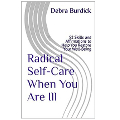

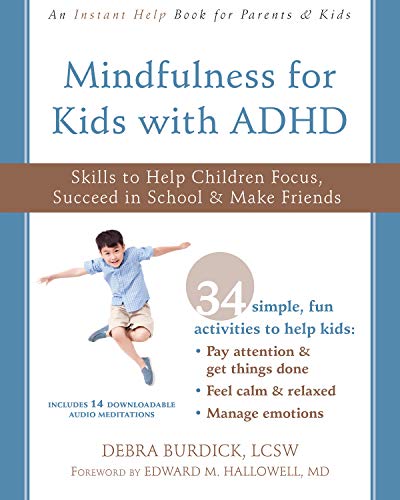
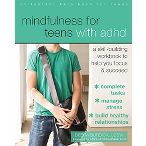
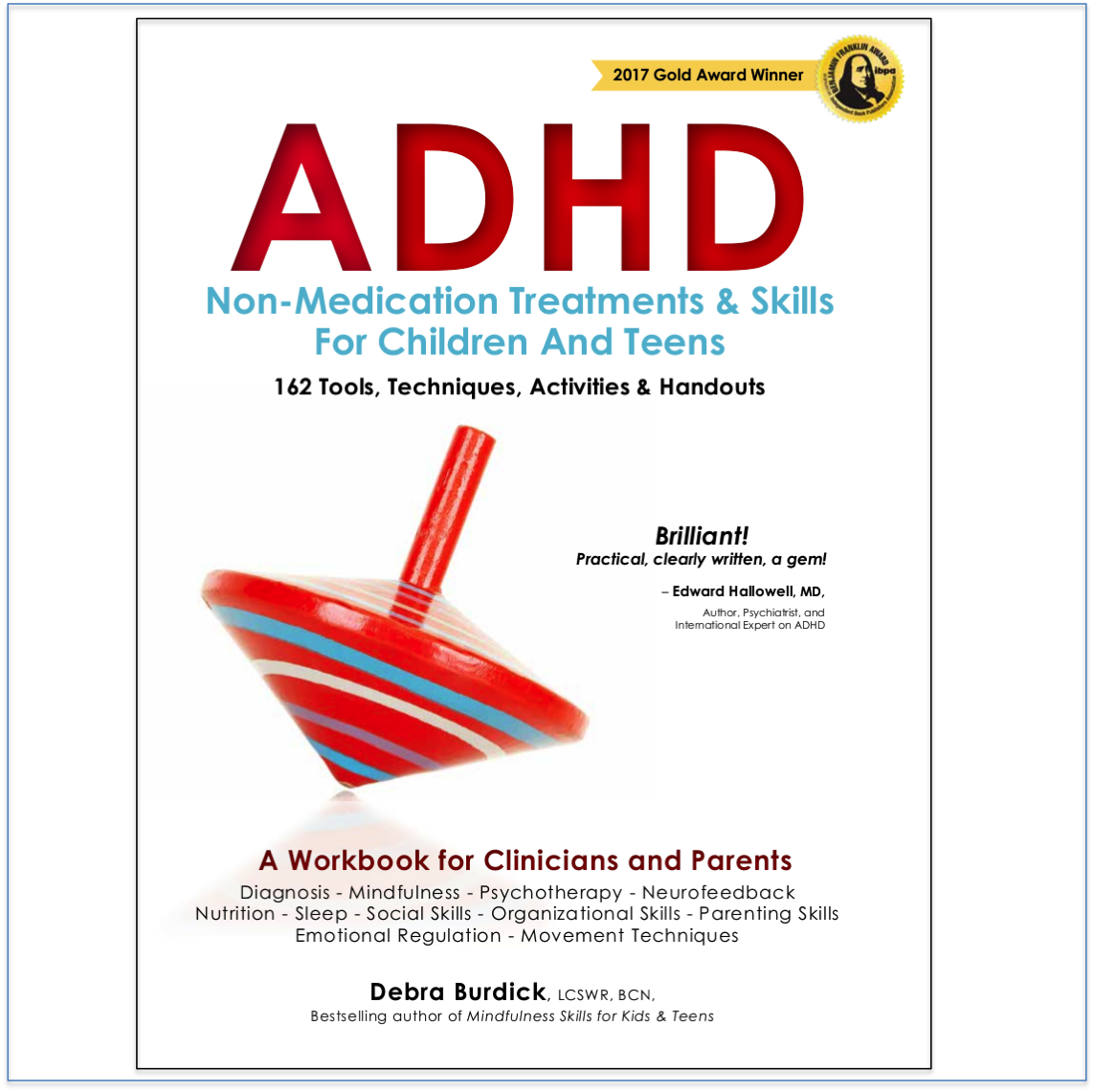
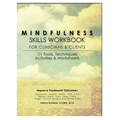
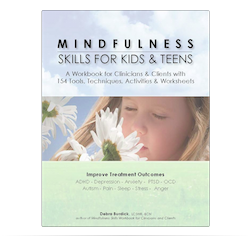
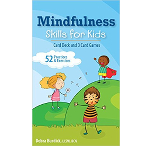
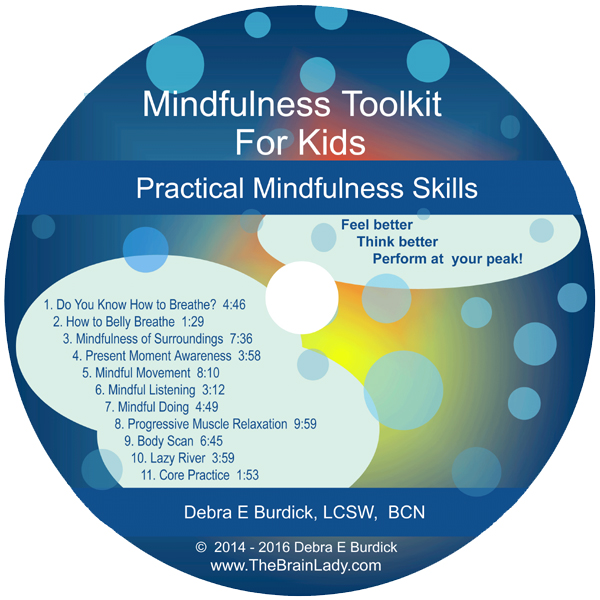
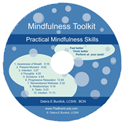
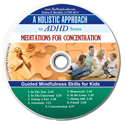
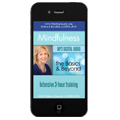
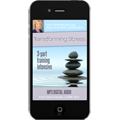
2 comments
hello…….I’m new at learning about ADD and it is very interest, informative and helpful…..especially the “little” tips here and there……I am very thankful for all of my new found people who get it and care enough to speak out and let me and others know helpful ways to change for the better from negativity to being for oneself…..thank you!
Hi Dan,
You are welcome!
Best wishes as you learn to thrive with ADHD.
Deb
The comments are closed.